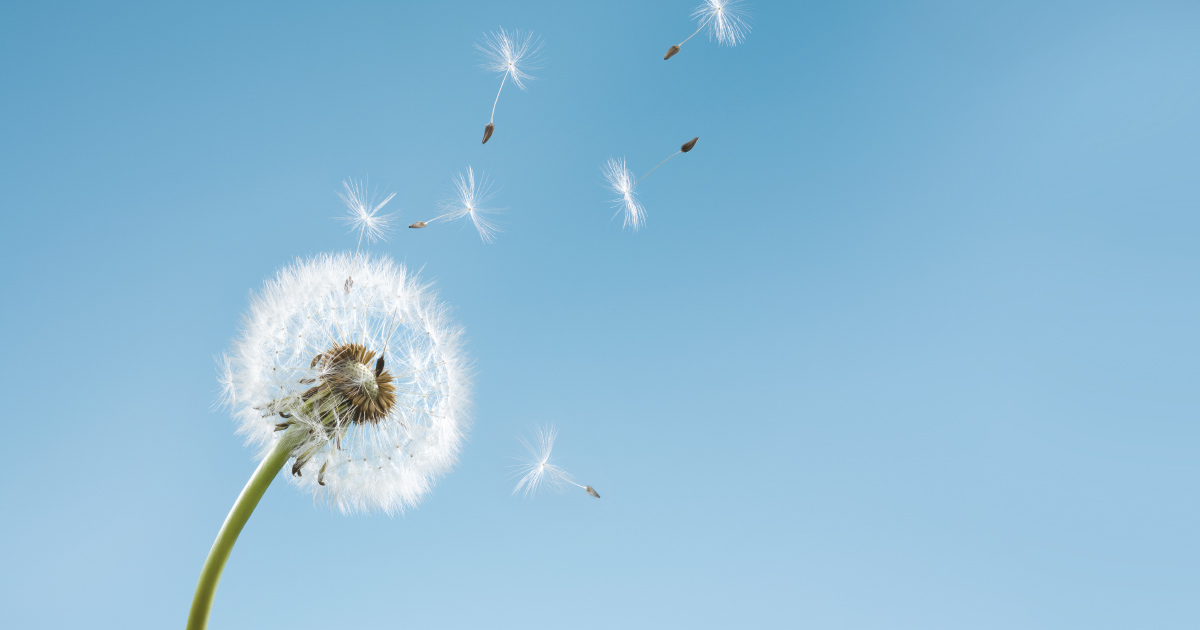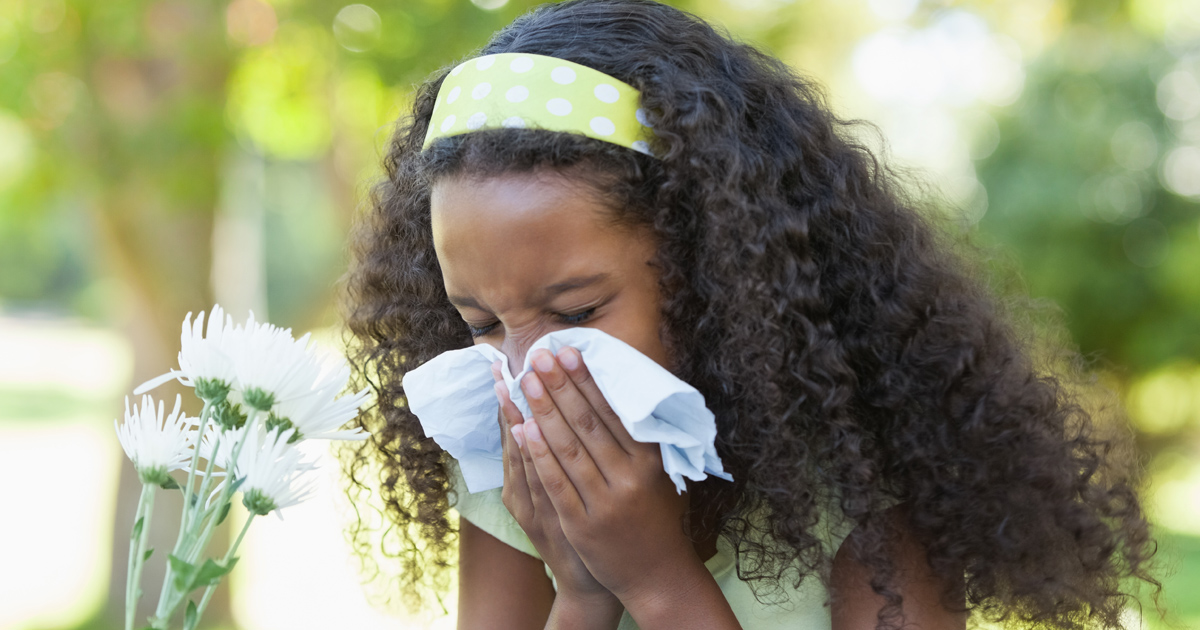Bless you! It’s pollen season

Hay fever and colds are easy to confuse. Learn the differences and how to treat the symptoms here.
When foreign irritants enter the body, it produces higher-than-usual levels of histamines (chemicals that help your body get rid of things that irritate or harm it). The unwelcome symptoms of hay fever are actually caused by your body trying to flush out the unwanted substances.
‘Hay fever is a catch-all phrase used to describe the overreaction of the nasal passages to airborne irritants,’ says Heidi Muller, a health professional based in Johannesburg. ‘Seasonal changes, for example, are a common trigger for hay fever in people who are allergic to pollen – such as in the springtime – but even in autumn, some people have an allergic reaction to fallen leaves, that get crushed up and carried around by the wind.’
Muller also notes that in urban (city) environments, hay fever tends to be more common and more severe, because there are more irritants in the air than in rural or suburban areas.
SYMPTOMS OF HAY FEVER
* Sneezing
* A runny or congested (stuffy) nose
* Painful and/or blocked sinuses
* Itchy, watery, red eyes
* Scratchy, irritated throat, nose and ears
* Fatigue and low energy
IS IT ONLY SEASONAL?
Changes in season do trigger hay fever in many people, especially in the spring, summer and autumn months, when we tend to spend more time outdoors.
However, natural airborne irritants like pollen from flowers, trees and grasses are not the only culprits. Fur, feathers, dust, mites, cockroaches, cigarette smoke and even air pollution can cause the same kind of allergic overreaction. This means you could experience hay fever symptoms at any time of the year, whether indoors or out.
Hay fever itself is not considered a serious ailment, but it still can have a negative impact on your life because of the overall effect these allergic reactions can have on your ability to be productive, not to mention the discomfort caused. Disturbed sleep caused by a runny or congested nose can cause daytime tiredness and harm your productivity at work. This might be made even worse by hay fever medications that cause drowsiness. Muller says that if left untreated, irritated sinuses can become infected and result in more serious problems like sinusitis.
WHAT CAN I DO ABOUT IT?
The good news is that there are many family-friendly treatments available, and most symptoms can be managed with over-the-counter medication. Muller says a saline nasal spray is a good place to start, but chat to your local pharmacist about your specific symptoms and experiences. ‘A saline spray can alleviate the irritation in the nasal cavity and help prevent infection,’ she says, ‘but for more regular hay fever sufferers, I might suggest a decongestant nasal spray.’
Antihistamine products can help the body suppress the high histamine levels and offer relief from symptoms. Not all sufferers are so fortunate, however. If you suffer from chronic constant, debilitating hay fever symptoms that are not helped by over-the-counter remedies, you need to visit your doctor or clinic to discuss your treatment options. Some sufferers find that a nasal steroid spray offers great relief.
So, while hay fever is nothing to be too worried about – and can usually be treated fairly simply with medications available at your local pharmacy – it is important to identify and treat the symptoms effectively to avoid further, more serious infections and complications. Monitor your experience of these over-the-counter solutions, and if they don’t seem to help – or stop working effectively – ask your doctor or clinic for expert advice.
NON-MEDICINAL TACTICS
If hay fever affects you really badly, it’s possible that even things like strong scents or materials like wool might trigger it. If this is the case, make a note of every situation in which you are affected. Once you know exactly what is causing your discomfort you can get rid of the irritants (such as scents or woolen blankets) in your home environment, and avoid them wherever else possible. If your child is a sufferer, make sure their teachers know about the substances that trigger their hay fever.
![]() JET CLUB HELPLINES
JET CLUB HELPLINES
Jet Club members have free access to Jet Club’s helplines. For support and advice on depression or babycare call:
Personal Health Advisor
SA & Namibia
0800 0045 45
Botswana, Lesotho & Swaziland
+2711 991 8258
Related articles

Latest Jet club magazine
We’ve got the latest trends, exciting prizes and exclusive savings just for you!
Jet Club will not pass your details to anyone else. By clicking the subscribe button you confirm you have read and agree to the Jet Club Terms and conditions and Jet Club Privacy Statement.
Subscribe



